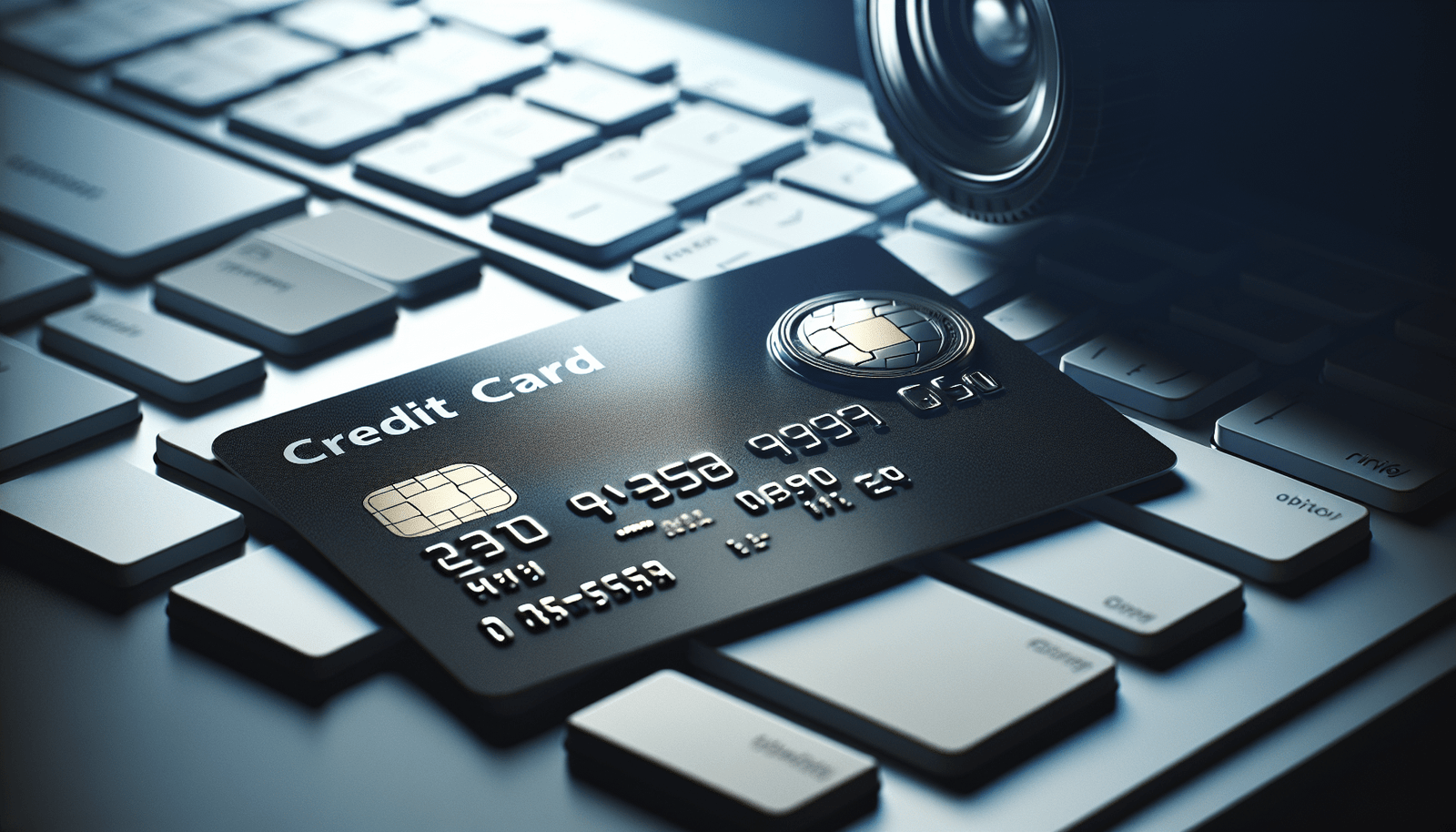In today’s digital age, website data breaches have become increasingly common and can have severe implications for both consumers and businesses. When your website falls victim to a data breach, it’s crucial to know the steps to take to mitigate the damage, protect sensitive information, and comply with legal obligations. By identifying the breach quickly, notifying affected parties, and cooperating with authorities, you can manage the situation effectively while maintaining trust with your users. In “Website Data Breach Liability: Steps to Take,” I delve into actionable measures that can help guide you through the aftermath of a data breach, ensuring you handle the incident with both urgency and care. Hey there, have you ever wondered what happens when your website gets hacked and sensitive data gets leaked? It might seem like something that only happens to big tech giants, but trust me, it can happen to anyone, even little ol’ me. I recently had a bit of a cyber-fiasco myself, and let me tell you, it was as much fun as stepping on a Lego in the dark.
Well, today, I want to dive into the nitty-gritty of website data breaches and what steps you should take if the unthinkable happens. We’ll walk through everything from recognizing a breach, taking immediate action, preventing future breaches, and understanding the legal hodgepodge that comes with it. So, buckle up, because this is going to be one heck of a ride!

Recognizing a Data Breach
Signs Your Website Has Been Breached
First things first, how do you even know if your website has been compromised? It’s not like your computer pops up and says, “Hey, guess what? You’re hacked!” That would be too easy.
- Unusual Activity: If you notice a sudden spike in traffic—like, exceptionally high traffic, it might not be the good kind. Similarly, if parts of your site are not working as they should, it could be a sign.
- Unexpected Changes: Suddenly finding new admin accounts or changes in account privileges that you didn’t authorize is a clear sign. It’s like finding out your dog now has voting rights in your household.
- Alerts from Security Tools: If you have tools in place, they often send out alerts when something fishy (or phishy) is happening.
Immediate Actions
Once you’ve come to the shaky realization that your website has been breached, don’t panic. Easier said than done, right?
- Disconnect Your Site: Take your site offline immediately. This minimizes the damage and prevents further unauthorized access.
- Change All Passwords: This should be instinctive. Change every single password related to your website and accounts.
- Notify Your Web Hosting Provider: They have more resources and experience in handling these situations. Trust me, it’s like calling the plumber when your bathroom turns into a swimming pool.
Damage Control
Inform Affected Parties
You need to come clean to everyone affected. Imagine losing someone’s trust over this—yikes!
- Notify Users: If user data is compromised, they have the right to know. Prepare a clear and honest communication.
- Reach Out to Regulators: Depending on where you are, you might need to notify regulatory bodies.
Document Everything
Fancy a bit of “Sherlock Holmes” action? Forensic documentation is incredibly useful for understanding what went wrong and taking steps to prevent it.
- Logs and Access Records: Save logs and review access records to trace the path the hackers took.
- Screenshots: Take screenshots of any unusual activities, error messages, and unauthorized changes.
Preventing Future Breaches
Use Stronger Security Measures
Sounds obvious, right? But you’d be surprised how much security gets overlooked.
- Two-Factor Authentication (2FA): Yes, it’s an extra step, but it’s like the double lock on your door.
- Regular Updates: Keep all software, plugins, and tools updated. They build these updates for a reason, mainly to plug security holes.
Conduct Regular Audits
Schedule regular checks and audits for your website. Consider it like your annual health checkup but for your website.
- Security Audits: External audits can provide an impartial view of your site’s vulnerabilities.
- Penetration Testing: Also known as ethical hacking, just think of it as hiring ninjas to protect your digital realm.
Legal Landscape
Understanding Liability
Ah, this part may get a bit dry, but stay with me. We’re delving into the legalities, which is as fun as reading a VCR manual, but totally necessary.
- Data Protection Laws: Familiarize yourself with the data protection laws in your region like GDPR in Europe or CCPA in California.
- Breach Notification Requirements: These laws also dictate how and when you need to inform the authorities and the affected parties.
Legal Steps to Take
Okay, you’ve gone through the gauntlet, but there’s a bit more to cover.
- Consult Legal Counsel: Always get professional legal advice tailored to your specific case.
- Potential Lawsuits: Be aware that you might face legal action from users claiming damages, which can be as horrifying as it sounds.
Insurance
It might not seem like it, but insurance can be a lifesaver in these situations. I had a chat with my insurance agent, and while it wasn’t the most riveting conversation, it was reassuring.
- Cyber Liability Insurance: This type of insurance can cover legal fees, notification costs, and even some of the damages.

Wrapping It Up
Look, dealing with a website data breach is nothing short of a digital nightmare. But armed with the right steps and a good sense of humor, you can navigate the murky waters.
- Be Prepared: An ounce of prevention is worth a pound of cure. Trust me on this one.
- Stay Updated: Keep up with the latest in cybersecurity trends and practices.
- Seek Help: You don’t have to go it alone. There are plenty of experts out there who can lend a hand.
Remember, just like that time I thought I could fix my leaky sink and ended up flooding my kitchen, sometimes it’s best to call in the experts. Stay alert, stay secure, and never underestimate the value of a strong password and a good night’s sleep!
Alright, time to secure those digital fortresses! If you’ve got your own anecdotes or tips, feel free to share. We’re all in this together, folks. Safe surfing!



